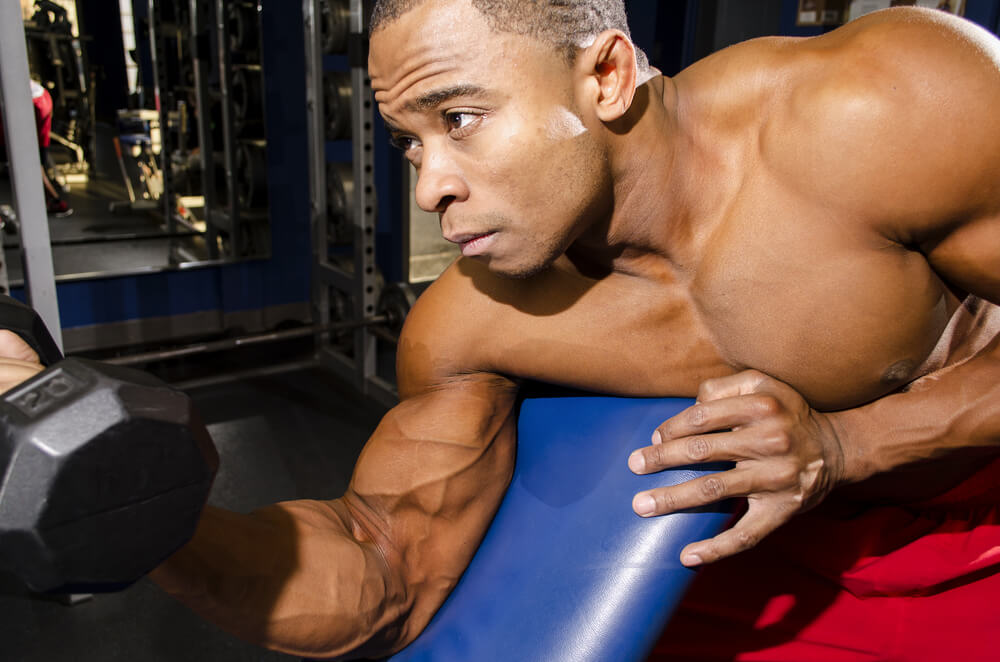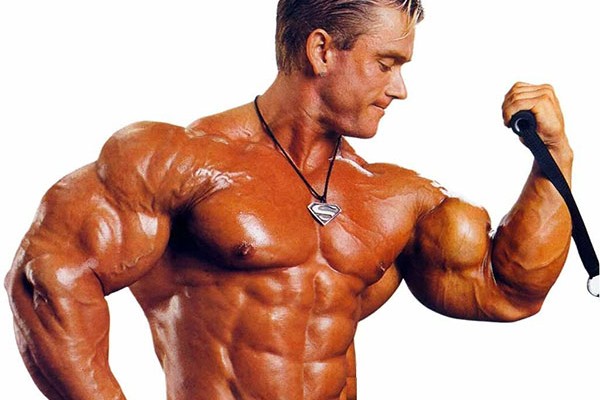Problems & Solutions for Exercised Induced Skin Irritations
We all know exercise has a long list of health benefits, but moisture and friction can cause issues that might disrupt your workouts. Here are some common skin ailments that can occur during exercise and some possible solutions.
Blisters
Our hands and feet can take a beating during workouts. For the hands, consider wearing biking or weight lifting gloves for protection. Some sports may require taping of the hands or the use of resin. For your feet, an absolute must is proper fitting shoes combined with moisture-wicking socks. It’s worth your time and effort to visit a shoe store that is knowledgeable of the sport or type of exercise you participate in. There are so many varieties of shoes and socks on the market, it’s best to avoid all of the confusion and work with a specialist. There are several ways to lace your shoes to help get that “just right” fit. Inquire about the proper type of lacing for your sport or activity. Reducing friction is your best defense against blisters. Some common methods include using an anti-chaffing stick (BodyGlide, Sportwax) or applying tape to blister prone areas (duct tape or athletic tape seem to be the most popular). If you already have pre-blisters or hot spots and cannot stop physical activity to allow for healing, try using moleskin, liquid bandage, or second skin dressing for coverage and protection. If you have a full-blown blister that has popped, make sure to use an anti-biotic cream to avoid infection. When possible, go barefoot and bandage free to let your wounds air-out.
Athlete’s Foot
Fungus thrives in moist, warm environments and our feet can be a haven for athlete’s foot to inhabit. At first, it may feel as if you just have dry skin between your toes and/or on the soles of your feet. But soon the itching and burning combined with cracks or peeling of the feet become quite troublesome. Prevention from acquiring athlete’s foot starts with keeping your feet clean and covered in public places that are moist (swimming pools, gyms, saunas, locker rooms, etc.). The next step is to wear moisture absorbing socks and breathable shoes. Using powder in your socks and/or shoes can also help keep the environment dry. If you get pedicures, take your own sterilized instruments and a tub liner to the salon. If you have athlete’s foot, there are over-the-counter anti-fungal ointments, lotions, and sprays that might help. For more persistent cases your physician may prescribe a stronger anti-fungal method of treatment or an oral medication.
Skin Rashes
Friction and moisture are common causes of skin irritation during exercise. Repetitive rubbing of clothes against skin, skin against equipment, or skin-to-skin contact combined with sweat can result in an unwelcome rash. The best way to prevent this is to keep your skin as clean and dry as possible. Wear clean, dry clothing that has breathable fabric with moisture-wicking capabilities. Clothing should be somewhat snug to inhibit friction during activity. Powder, cornstarch, petroleum jelly, or runner’s lube can be applied to the affected areas prior to your workout as a preventative measure. After exercise, you can try dabbing baking soda on the affected area or take an oatmeal bath for relief. Another cause of skin rashes could be your detergent. If you have recently switched laundry soap and develop a rash, your new soap very well could be the culprit. Return to what you used before and see what happens. If your rash is persistent, schedule a visit with your dermatologist or allergist.
Staying as clean and dry as possible to avoid friction during exercise is your best defense against exercise induced skin conditions. If you have a skin ailment, consider bumping up your amount of vitamin C to boost your body’s immune system and help reduce inflammation. The skin is the largest organ of the body. Do your best to treat it right. It works hard to protect you!
-
Your Gut Can Make You Slim
Getty Images Consider this: Right now,
-
Slow Weight Loss The Only Way That Really Works
Today the weight loss industry advertises many ways for people who wan
-
Clear, Long Term Goals Will Kick Out the Fat Cow From Inside Your House!
How many times have you looked in the mi
-
Obesity and metabolic syndrome result in low vitamin E
A new study has found that obese individuals with a metabolic s
-
Are You Too Tired To Lose Weight
If you are having trouble losing weight, it might be that you are not
-
Tips For Fat Loss
Some popular tips for weight loss that w
- DON'T MISS
- Why Herbal Weight Loss Is A Highly Effective And Natural Diet
- Eating Chocolate Ice Cream Every Full Moon Promotes Weight Loss
- What Are the Well being Benefits of Acai Berries?
- Drink Beer AND Lose Weight
- Shocking Ways Strength Training Impacts Memory Loss
- Is Slimming Stopping You From Losing Weight
- Find Your Own Weight Loss Exercise Routine
- How to Make Time to Exercise
- Fast Weight Loss is Possible if you’ve Got the Inside Scoop and We’re Going to Share it with You
- Rely On Weight Loss Calorie Counter Success




